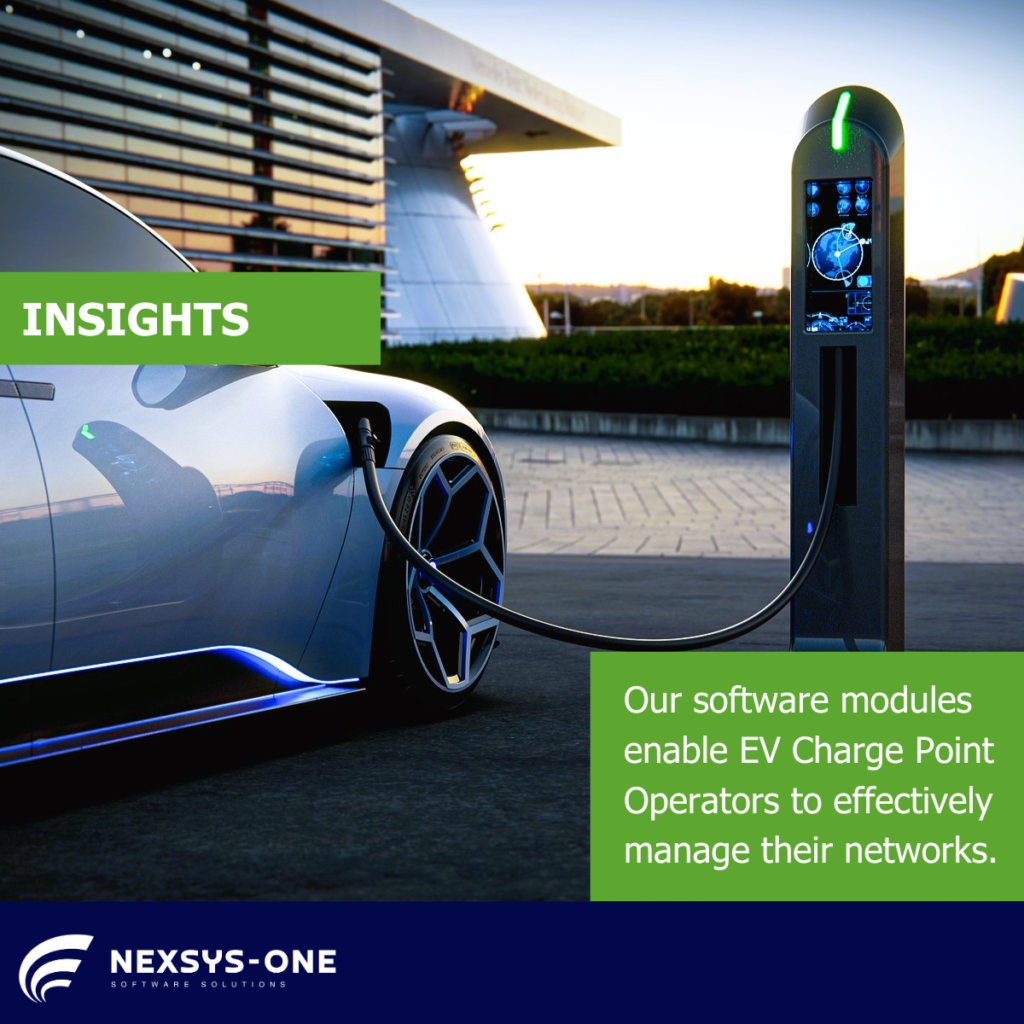The Electric Vehicle (EV) market is experiencing rapid growth. Demand for accessible charging stations escalating at a similar pace. As the world transitions toward a more sustainable future, the pressure is on to develop and maintain robust EV charging infrastructure. Yet, this task is anything but straightforward.
The Evolving Landscape of EV Infrastructure
Charge Point Operators must navigate a dynamic environment marked by technological innovations, shifting regulations, and the logistical complexities of site selection and vendor management. Ensuring that these networks are not only built efficiently but also maintained for long-term performance adds another layer of complexity.
The process involves multiple stages—from acquiring and evaluating sites, securing approvals, and managing procurement to deployment, commissioning, and ongoing performance management of the stations. Each stage requires careful coordination and a deep understanding of the factors that can impact both the short-term deployment and long-term success of the network.
Addressing the Challenges with Software Solutions
To meet these challenges, Charge Point Operators can turn to integrated software solutions that streamline processes and reduce the risk of delays or errors. Effective software is crucial ensuring that the build process, operations, and maintenance of EV charging networks are handled with precision and efficiency.
– Streamlining the Build Process: Software like PROJECT-ONE and TASK-ONE play a pivotal role in the early stages of network development. These tools assist in site acquisition, evaluation, and permitting by centralizing all relevant data and workflows. This both accelerates the approval process and ensures that all regulatory requirements are met. By managing these tasks within a unified platform, Charge Point Operators can avoid the pitfalls of fragmented communication and redundant work, leading to a smoother and faster build process.
– Optimizing Operations: Once the network is built, maintaining smooth operations becomes the next challenge. TASK-ONE, for example, helps in coordinating day-to-day activities, from scheduling maintenance tasks to tracking vendor performance. The software ensures that all tasks are aligned with the overall project timeline and that resources are allocated efficiently. This level of coordination is essential for minimizing downtime and ensuring that the charging stations are always ready to meet consumer demand.
– Effective Asset Management: As charging networks expand, managing assets—such as charging stations, serialised and non-serialised electrical components, and other inventory items—becomes increasingly complex. ASSET-ONE offers a comprehensive solution for tracking and managing these assets throughout their lifecycle.
– Advanced Reporting and Performance Monitoring: The ability to track progress and performance in real time is another critical aspect of managing EV charging networks. Integrated reporting tools within the software provide Charge Point Operators with detailed insights into every aspect of their network. Custom dashboards allow for the monitoring of key performance indicators (KPIs), enabling Charge Point Operators to make informed decisions and quickly address any emerging issues. By integrating directly with multiple Charging Management Systems (CMS), SITE-ONE allows for effective energy usage tracking and real-time monitoring of the chargers’ overall health. It enables Charge Point Operators to monitor the condition of each asset, schedule regular maintenance using TASK-ONE, and assist in anticipating potential failures before they occur. This proactive approach not only extends the life of the equipment but also reduces the likelihood of unexpected outages. This data-driven approach is essential for optimizing network performance and planning for future expansion.
The Path Forward
Ultimately, the success of the EV market depends on the reliability and accessibility of charging infrastructure. With the right strategies, tools, and software in place, Charge Point Operators can play a crucial role in driving the global shift toward electric mobility. By leveraging advanced software solutions, Charge Point Operators can navigate the complexities of building, operating, and maintaining EV networks, ensuring that they are well-equipped to meet the challenges of the future.


